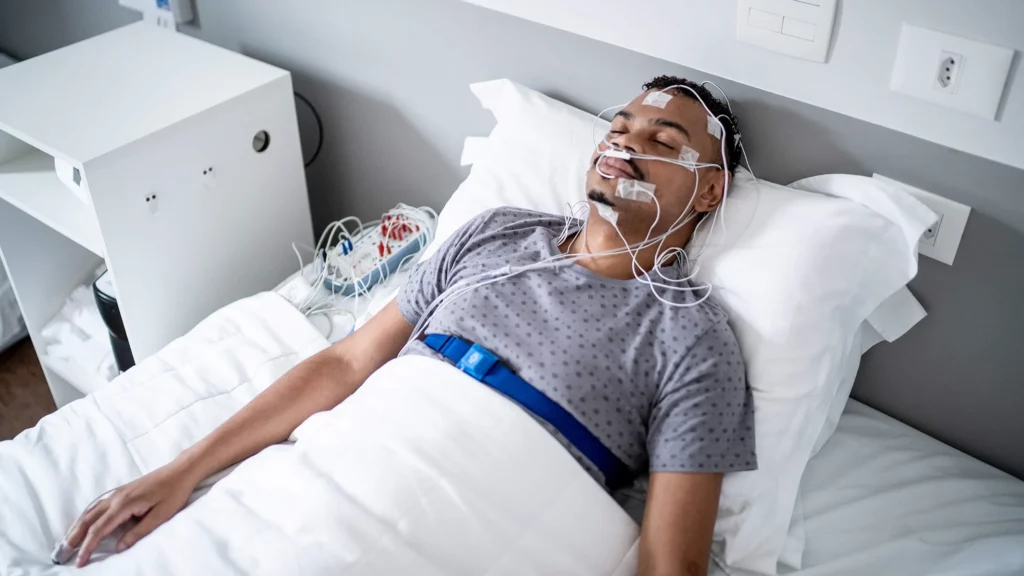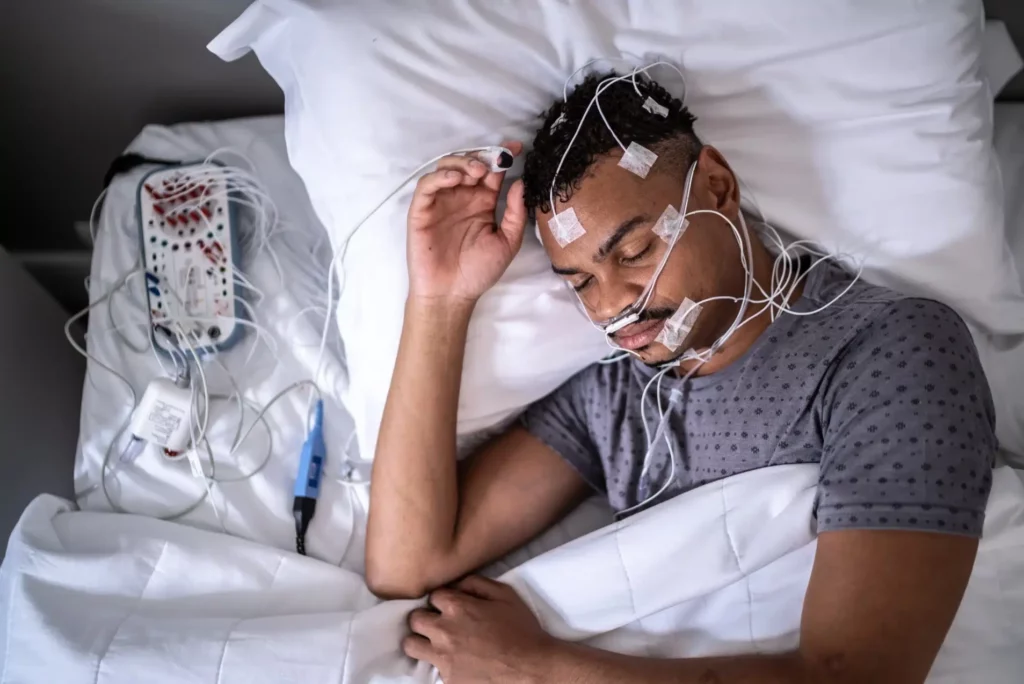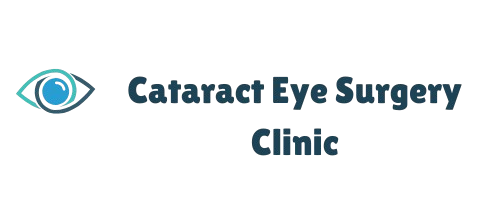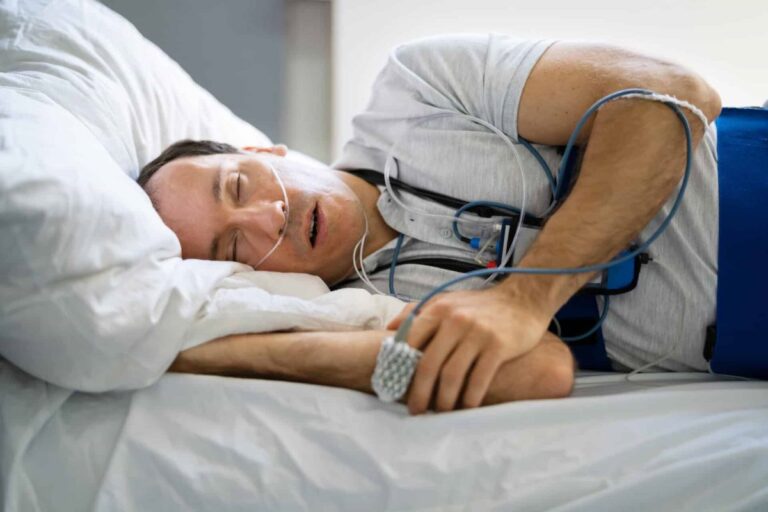What Is a Sleep Study and Why Understanding Its Cost Factors in Melbourne Matters?
A sleep study is a diagnostic test that monitors your body’s activity whilst you sleep to identify disorders like sleep apnoea, insomnia, or restless leg syndrome. The test records vital signs including breathing patterns, oxygen levels, heart rate, and sleep stages to help specialists diagnose sleep-related conditions.
Understanding the Sleep Study Melbourne Cost is important because prices can vary dramatically—from around $150 to several hundred dollars—depending on the type of test, location, and monitoring complexity. Without knowing what drives these costs, you might overpay for services or choose an inadequate test that fails to diagnose your condition properly.
Melbourne residents face unique pricing considerations:
- Home versus in-lab testing creates significant price differences
- Medicare rebates and bulk billing availability varies between providers
- Specialist consultations add to the base test price
- Urgency requirements may incur premium charges
Knowing these factors helps you budget accurately and select the most appropriate sleep study for your medical needs and financial situation.
What Types of Sleep Studies Are Available in Melbourne?
Melbourne offers two primary types of sleep studies available in Melbourne: home-based testing and in-lab polysomnography, each designed for different diagnostic needs.
Home Sleep Studies
Home sleep studies allow patients to complete testing in their own bedroom using portable monitoring equipment. The device tracks essential parameters including:
- Heart rate and respiratory rate
- Breathing patterns and oxygen saturation levels
- Sleep stages throughout the night
- Body position during sleep
Patients collect the equipment from a clinic, wear it overnight following simple instructions, then return it the next day. Results typically arrive within two to three weeks. This option suits those with suspected uncomplicated obstructive sleep apnoea who prefer sleeping in familiar surroundings.
In-Lab Polysomnography (PSG)
In-lab polysomnography provides comprehensive overnight monitoring in a specialised sleep clinic. Trained technicians attach sensors that record:
- Brain wave activity (EEG)
- Eye movements and muscle tone
- Heart rhythm and breathing effort
- Leg movements and snoring intensity
The controlled environment enables technicians to observe sleep patterns directly and adjust equipment if needed. This thorough approach helps diagnose complex sleep disorders beyond basic sleep apnoea.
Key Differences Between Settings
Home studies prioritise convenience and natural sleep environments whilst in-lab testing offers extensive monitoring with immediate technical support. Hospital-based studies require overnight clinic stays with multiple sensors, whereas home testing uses simplified devices patients manage independently.
How Does the Type of Sleep Study Impact Its Cost?
The difference in cost between home and hospital sleep studies is significant. Home studies typically range from $150-$265 after rebates, while in-lab options usually cost much more. Home sleep studies keep costs down by eliminating facility fees and requiring minimal staff involvement during the monitoring period.
Factors Contributing to Higher Costs of In-Lab Polysomnography
In-lab polysomnography commands higher prices due to several resource-intensive factors:
- Overnight accommodation in a specialised sleep clinic facility
- Continuous supervision by trained sleep technologists throughout the night
- Advanced monitoring equipment tracking multiple physiological parameters simultaneously
- Extended data analysis from comprehensive recordings requiring specialist interpretation
Advantages of Home Sleep Studies
Home studies prioritise convenience and affordability, allowing patients to sleep in their own beds whilst capturing essential data for common sleep disorders.
Advantages of In-Lab Sleep Studies
In-lab studies deliver diagnostic precision through exhaustive monitoring, making them indispensable for complex cases requiring detailed neurological and muscular activity tracking.
The choice between these options balances budget constraints against the diagnostic depth needed for accurate treatment planning.
How Does the Complexity of Monitoring Affect Pricing?
The complexity of sleep study monitoring directly determines the equipment, expertise, and analysis required—all of which influence the final cost. Home sleep studies typically track 4-6 basic parameters including heart rate, respiratory rate, breathing patterns, oxygen saturation, and sleep position. These devices use simplified sensors that patients can apply themselves.
In-lab polysomnography captures significantly more data:
- Brain wave activity (EEG) across multiple channels
- Eye movements (EOG) to identify REM sleep
- Muscle tone and leg movements (EMG)
- Chest and abdominal respiratory effort
- Snoring intensity and body position
- Continuous video monitoring
This comprehensive approach requires specialized technicians to attach electrodes, monitor the study overnight, and interpret complex data patterns. The sophisticated equipment and trained staff needed for extended monitoring substantially increase costs compared to portable home devices.
Diagnostic accuracy improves with monitoring complexity. In-lab studies detect a broader range of sleep disorders including central sleep apnoea, periodic limb movement disorder, and parasomnias that home studies might miss. Patients with suspected complex conditions benefit from the thorough assessment despite higher expenses, as accurate diagnosis prevents repeated testing and guides appropriate treatment.

Do Medicare Rebates or Bulk Billing Affect Sleep Study Costs?
Medicare rebates sleep study Melbourne options can dramatically reduce what you pay for diagnostic testing. Yes, bulk billing is available at select clinics, allowing eligible patients to receive sleep studies at no upfront cost, though availability varies across Melbourne providers.
Medicare rebates apply when you meet specific criteria, typically requiring a valid referral from your GP or specialist. Patients with suspected obstructive sleep apnoea who satisfy clinical guidelines qualify for partial rebates on both home and in-lab studies. The rebate amount depends on the test type and your individual circumstances.
How rebates reduce expenses:
- Home sleep studies costing $400-$500 may drop to $150-$265 after rebates
- In-lab polysomnography rebates can offset several hundred dollars
- Bulk-billed services eliminate out-of-pocket costs entirely for eligible patients
Private health insurance may provide additional coverage, particularly for in-lab studies. Some Melbourne clinics offer payment plans for the gap between the total cost and Medicare rebate, making diagnostic testing more accessible regardless of your financial situation.
How Do Additional Consultations Influence the Final Price?
Sleep studies rarely exist as standalone procedures—most patients require at least two specialist consultations to complete the diagnostic journey. An initial appointment establishes whether a sleep study is medically necessary, while a follow-up session interprets results and outlines treatment options. These consultations add substantially to the total expense beyond the base test price.
Sleep specialist consultation cost Melbourne typically ranges from $150 to $350 per appointment, depending on the provider and whether bulk billing applies. Patients without bulk billing access may face out-of-pocket costs of $100-$200 per visit after Medicare rebates. Some complex cases require additional follow-ups to adjust treatment plans, particularly when trialling CPAP machines or mandibular advancement splints.
Budgeting for sleep-related healthcare demands accounting for these consultation fees alongside the study itself. A home sleep study at $150 combined with two specialist appointments at $150 each creates a total investment of approximately $450—triple the advertised test price alone.
Does Urgency or Turnaround Time Affect Sleep Study Pricing?
Yes, requesting expedited scheduling or faster results can increase the cost of urgent sleep studies in Melbourne. Standard sleep studies typically deliver results within 2-3 weeks, but some situations demand quicker action.
Situations Requiring Quicker Test Scheduling or Faster Result Delivery
Patients experiencing severe symptoms like frequent breathing cessations during sleep, extreme daytime fatigue affecting work safety, or those requiring pre-surgical clearance often need priority testing. Commercial drivers or shift workers facing employment deadlines may also request accelerated scheduling to maintain their professional obligations.
Possible Premium Charges for Urgent or Priority Services
Some sleep clinics in Melbourne charge additional fees ranging from $100-$300 for priority booking slots or expedited report processing. These premium services guarantee appointments within 48-72 hours rather than the standard 2-4 week waiting period. Rush interpretation of results by sleep specialists adds to the Sleep Study Melbourne Cost: What Affects the Final Price? equation.
How Turnaround Time Preferences Impact Overall Costs
Patients choosing express services sacrifice cost savings for speed. Bulk billing options rarely cover urgent appointments, meaning full out-of-pocket payment becomes necessary for immediate care. This situation aligns with findings from a study that highlights how urgency and turnaround time can significantly influence healthcare pricing.
What Symptoms or Conditions Typically Lead to a Sleep Study Recommendation?
Doctors recommend sleep studies when patients present with specific symptoms requiring sleep study evaluation. Loud, persistent snoring accompanied by witnessed breathing pauses signals potential obstructive sleep apnoea. Gasping or choking during sleep indicates oxygen deprivation episodes that warrant immediate investigation.
Daytime symptoms often trigger referrals as well. Excessive tiredness despite adequate sleep hours, difficulty concentrating at work, and morning headaches point toward disrupted sleep patterns. Patients who fall asleep unexpectedly during conversations or whilst driving face serious safety risks requiring urgent assessment.
Common signs prompting referral include:
- Loud, chronic snoring with breathing interruptions
- Gasping or choking sensations during sleep
- Excessive daytime sleepiness affecting daily function
- Morning headaches or dry mouth upon waking
- Difficulty maintaining concentration
- Irritability or mood changes
Certain medical conditions increase sleep apnoea risk substantially. Obesity creates excess tissue around the airway, restricting breathing during sleep. High blood pressure often coexists with undiagnosed sleep disorders, creating a dangerous cycle. Type 2 diabetes, heart disease, and stroke history elevate concern levels for sleep-related breathing problems.
Patients with these risk factors benefit from proactive screening even without obvious symptoms. Early detection prevents complications and improves treatment outcomes significantly.
See Also : Sleep Testing in Melbourne: 5 Questions to Ask Before Booking
What Are Typical Treatment Options After Diagnosis And How Do They Relate To Cost?
Obstructive sleep apnea treatments Melbourne vary significantly based on severity, with costs ranging from hundreds to thousands of dollars. Mild to moderate cases often respond well to mandibular advancement splints (MAS), custom-fitted oral devices that reposition the jaw to keep airways open during sleep. These splints typically cost between $800 and $2,500, depending on the dentist or specialist creating them.
Severe obstructive sleep apnea usually requires Continuous Positive Airway Pressure (CPAP) therapy. CPAP machines deliver pressurised air through a mask worn during sleep, preventing airway collapse. Initial CPAP setup costs range from $1,200 to $2,500 for the machine, mask, and accessories.
Ongoing expenses add to the initial investment:
- CPAP mask replacements every 6-12 months ($100-$300)
- Filters and tubing replacements quarterly ($50-$100)
- Annual machine servicing or replacement after 5-7 years
- Regular follow-up appointments with sleep specialists ($150-$300 per visit)
Some patients with positional sleep apnea benefit from simpler interventions like positional therapy devices ($200-$500) or lifestyle modifications. Private health insurance may cover portions of treatment costs, particularly for CPAP equipment and specialist consultations. Medicare rebates apply to certain follow-up appointments, reducing out-of-pocket expenses for eligible patients. Understanding these treatment-related costs helps patients budget beyond the initial sleep study investment.

How Can Patients Balance Cost With Diagnostic Needs In Melbourne?
Balancing cost and quality sleep study Melbourne requires open communication with healthcare providers about your specific symptoms and budget constraints. The right choice depends on your individual circumstances—mild symptoms may warrant a cost-effective home study, while complex sleep disorders benefit from comprehensive in-lab testing.
Start by requesting a detailed breakdown of all expenses, including consultations, the study itself, and potential follow-up appointments. Ask your GP or sleep specialist about:
- Bulk billing availability at different clinics
- Medicare rebate eligibility based on your condition
- Home study suitability for your symptoms
- Payment plans for in-lab studies if needed
Many Melbourne providers offer flexible options that don’t compromise diagnostic accuracy. A home study at $150-$265 after rebates delivers reliable results for straightforward cases, whilst in-lab studies provide thorough monitoring when medically necessary.
Ready to address your sleep concerns? Contact a Melbourne sleep clinic today to discuss which study type offers the best value for your diagnostic needs whilst maintaining quality care standards.


